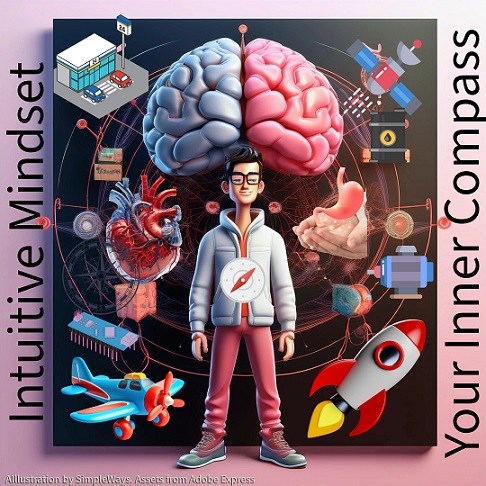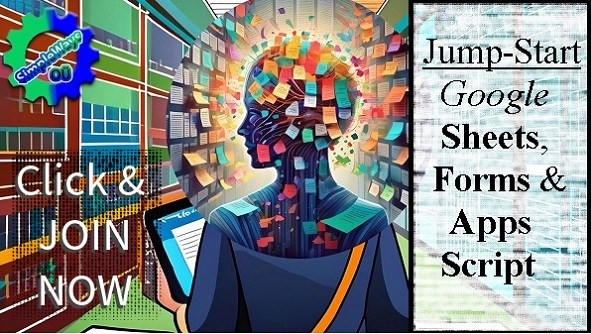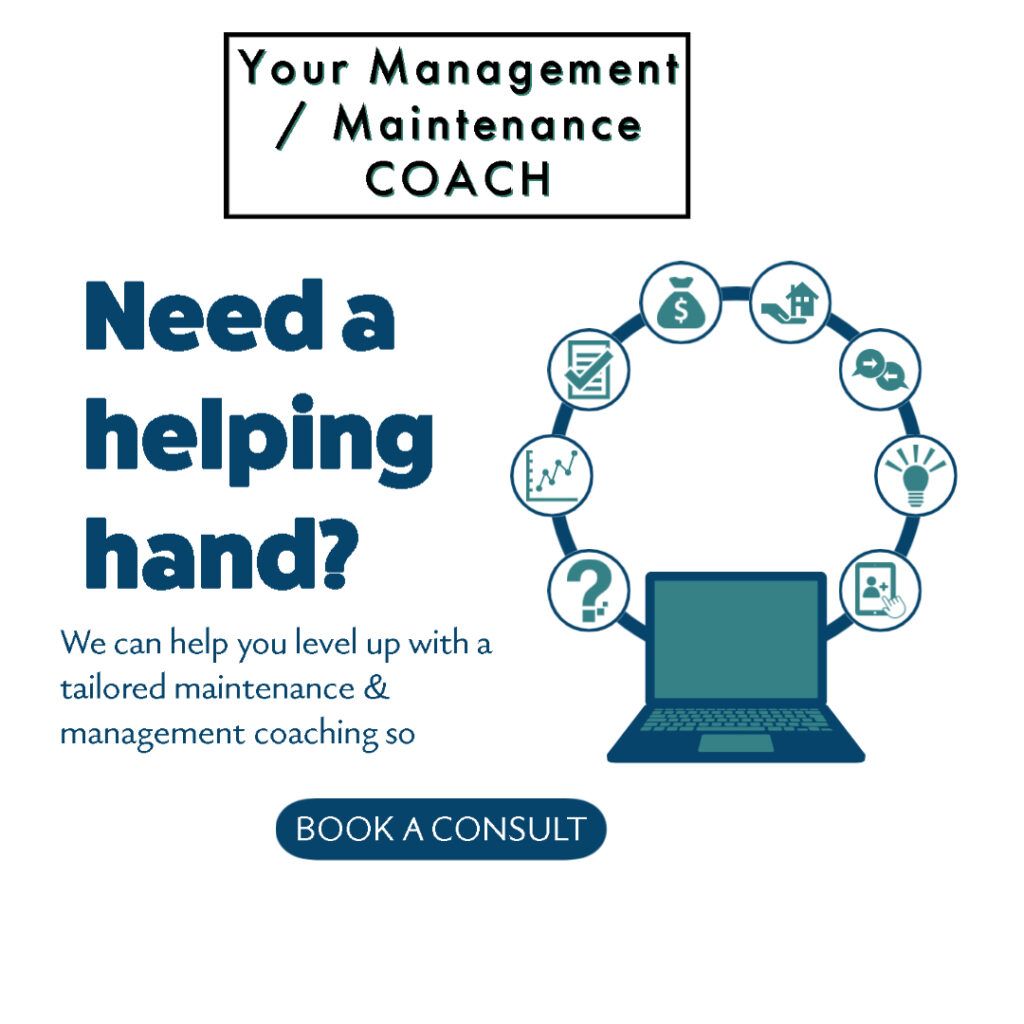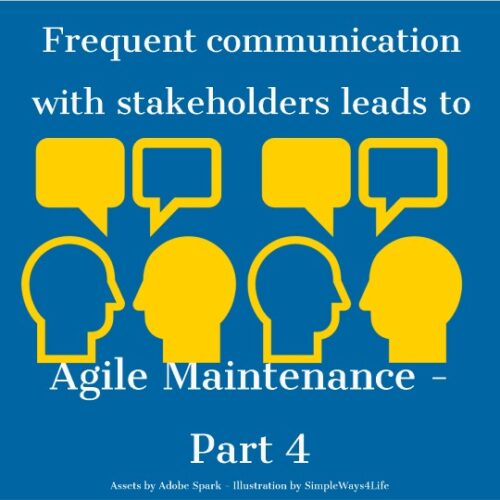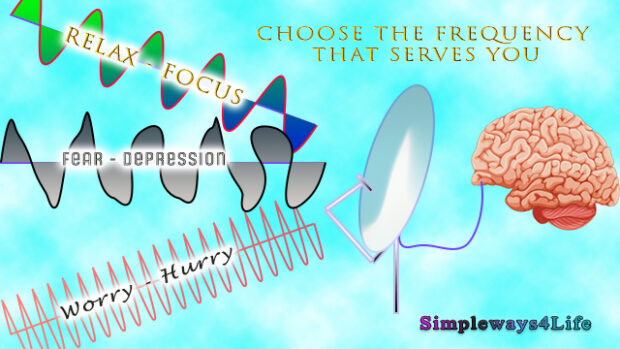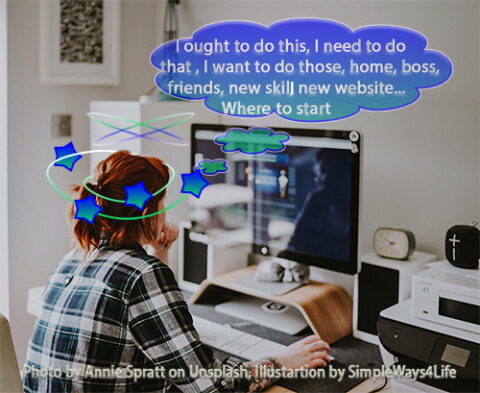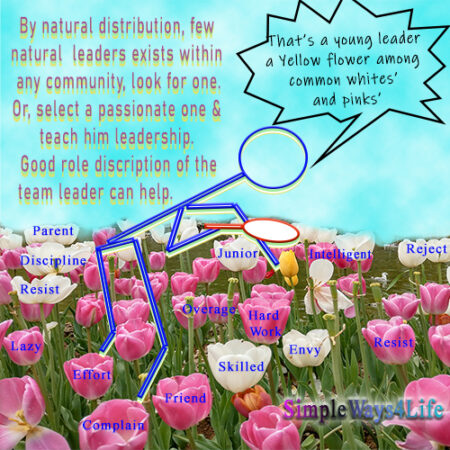In a world that often values logic and reason, intuition is often overlooked or dismissed. However, harnessing the power of intuition can lead to deeper insights, improved decision-making, and a more fulfilling life. That’s why the Intuitive Mindset is our real inner compass.
Let’s start by understanding Intuition. Intuition is a subtle inner knowing, a gut feeling that guides us beyond conscious thought. It’s a combination of past experiences, subconscious information processing, and emotional intelligence. While it may sometimes seem mysterious, intuition is a valuable tool that we can cultivate and trust.
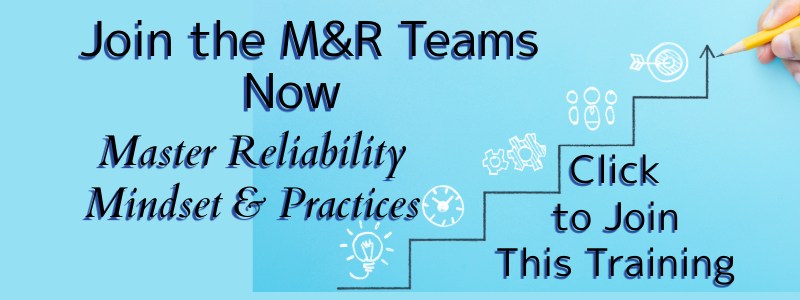
from 24 FEb to 01Mar:
Intuition is like an inner compass, always pointing you in the right direction. By developing your intuitive mind, you can become more receptive to the subtle cues and signals that surround you. This heightened awareness can help you anticipate challenges, seize opportunities, and navigate life with greater confidence.
Unlike conscious thought, where you focus on the past or future, intuition allows you to tap into the present moment. By paying attention to your inner voice, you can receive valuable insights that can inform your decisions and actions.
Key Characteristics of an Intuitive Mindset
Trust in Inner Knowing:
Individuals with an intuitive mindset possess a deep belief in their ability to access information beyond their conscious awareness. They trust their gut instincts and recognize the value of intuition in decision-making.
Example: After hours of analysis and troubleshooting, debugging a particularly challenging issue in a large software project, still haven’t identified the root cause. Rather than relying solely on logical deduction, the coder trusts their intuition and takes a step back to reassess the situation. They recall a similar issue they encountered in a previous project and realize that a specific configuration setting might be the culprit. The coder investigates the configuration settings and discovers that indeed, a minor change is causing the problem.
Open-Mindedness:
Intuitive individuals are open to new ideas, perspectives, and possibilities. They avoid rigid thinking and are willing to consider alternative viewpoints.
Example: An engineer with Intuitive mindset might be open to new technologies and business models, even if they seem unconventional or risky. They are willing to experiment and try new approaches, recognizing that unconventional thinking drives innovation.
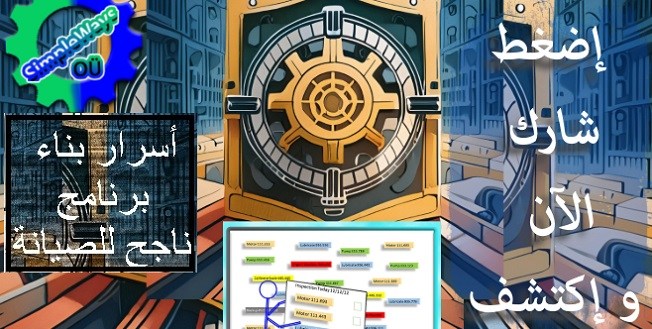
LOWEST-PRICE-24F-01M
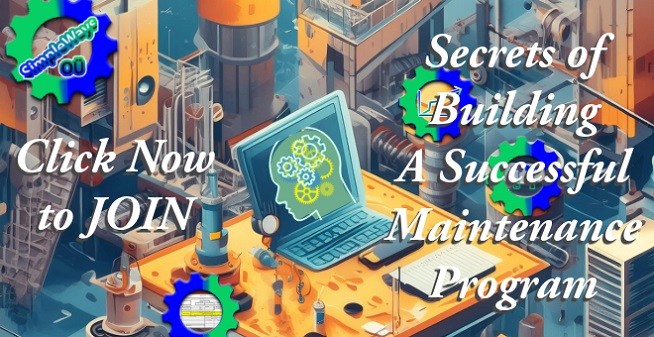
LOWEST-PRICE-24F-01M
Emotional Intelligence:
Emotional intelligence plays a crucial role in developing intuition. Intuitive individuals are in tune with their own emotions and can easily detect others’ emotions. This emotional awareness allows them to make more informed decisions and navigate complex situations.
Example: A therapist might use their intuition to understand their clients’ emotions and provide effective support. Or a team member knows how to deal properly with his colleagues based on their current emotional status.
Curiosity:
A curious mind is essential for developing intuition. Intuitive individuals are always seeking new knowledge and experiences. They are open to exploring the world around them and discovering new insights.
Example: A scientist might be driven by curiosity to explore uncharted territories and make groundbreaking discoveries. Einstein once said: “Logic will get you from A to B. Imagination will take you everywhere.”
By cultivating these characteristics and the next one, you can tap into your inner wisdom and make more informed and insightful decisions. Later on in this article we shall explore practical but easy strategies to cultivate these mindsets.
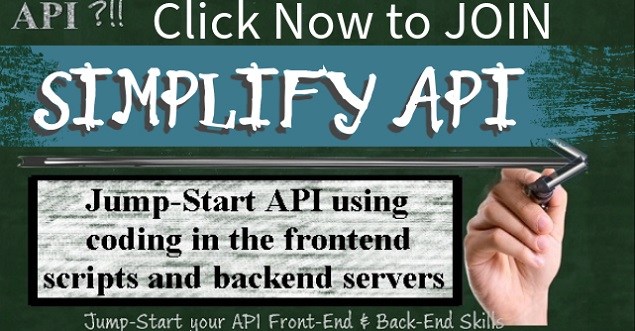
LOWEST-PRICE-24F-01M
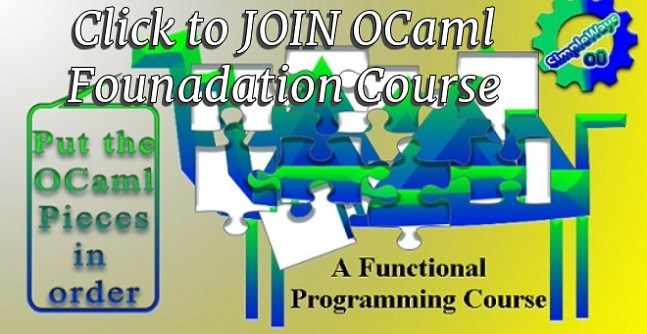
LOWEST-PRICE-24F-01M
Present-Moment Awareness: The top Characteristic of Intuitive Mindset
Being grounded in the present moment is essential for cultivating intuition. Intuitive individuals can focus on the here and now, without the trap of dwelling in the past or future. While thinking is linked to past or future, intuition is sparked by what is currently in hand.
Example: While you’re working on a complex project, and you’re facing a challenging decision. You’ve analyzed the data, considered the options, and still feel unsure about the best course of action. After using meditation to cultivate present-moment awareness and connect with intuition and as you focus on the present moment, you may become aware of subtle cues that your conscious mind might have missed. These cues could be a feeling of unease, a hunch, or a sudden flash of inspiration. By trusting your intuition and acting on these insights, you may be able to make more informed and effective decisions.
By practicing present-moment awareness, you can:
- Quiet your mind: Reduce the noise of competing thoughts and distractions.
- Connect with your body: Tune into your physical sensations and notice any subtle cues or signals.
- Listen to your intuition: Pay attention to any intuitive insights or gut feelings that arise.
Remember, present-moment awareness is a skill that takes practice. The more you cultivate your ability to stay grounded in the present, the more easily you can tap into your intuition and receive valuable guidance.
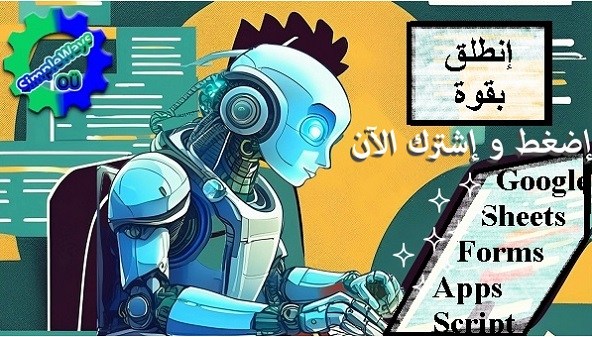
LOWEST-PRICE-24F-01M
Strategies to develop an Intuitive Mindset
Developing intuition in life and technical fields like maintenance requires a combination of mindfulness, experience, and trust in your inner knowing. Here are some strategies to enhance your intuition:
Mindfulness and Meditation: Pay attention to your thoughts, feelings, and sensations without judgment. Create space for introspection and inner awareness. Minimize external stimuli to quiet your mind and connect with your inner voice.
Trust Your Gut Feelings: Listen to your instincts and pay attention to your intuitive hunches and gut feelings. Avoid analyzing every situation logically. Sometimes, your intuition knows the answer before your conscious mind can process it. The more you trust your gut feelings, the stronger your intuition will become.
Develop Pattern Recognition: Observe and analyze patterns and trends in your work and life. Look for connections between seemingly unrelated events or information. Reflect on past experiences and identify recurring patterns or insights.
Cultivate Curiosity: Start to ask questions. Be curious and seek answers to your questions. Step outside your comfort zone and explore new experiences. Be receptive to different perspectives and ideas.
Practice Intuition in Daily Life: Start by using your intuition for minor decisions. Gradually increase your reliance on your intuition for more significant decisions. Analyze situations where your intuition guided you to positive outcomes.
Seek Guidance: Consult with mentors or experts so you can learn from others who have developed strong intuition. Connect with like-minded individuals who share your interest in intuition.

from 24 FEb to 01Mar:
Remember, developing intuition takes time and practice. Be patient with yourself and trust the process. With consistent effort, you can strengthen your intuitive abilities and enhance your decision-making in both life and technical fields. Let’s look how intuition can work for you.
A Day in the Life of an Intuitive Maintenance Team Member
7:00 AM: As the maintenance team member arrives at the facility, they take a moment to center themselves and tune into their intuition. They attend a stand up handover meeting from the night shift. He senses the overall energy of the meeting and mentally scan for any potential issues.
7:30 AM: While conducting a routine inspection, the team member notices a subtle vibration in a piece of equipment. Their intuition tells them something isn’t quite right, even though the equipment appears to be functioning normally.
8:00 AM: The team member decides to investigate further. He uses his technical knowledge and experience to pinpoint the source of the vibration. Their intuition guides them towards a specific component that they suspect may be malfunctioning.
9:00 AM: After examination, the team member confirms their intuition and identifies a minor issue that could have led to a major breakdown if left unaddressed. They take immediate action to repair the component and prevent further problems.
10:00 AM: During a team meeting, the team member shares their experience, emphasizing the importance of trusting their intuition in maintenance work. They encourage their colleagues to pay attention to their gut feelings and use them to identify potential issues before they escalate.

LOWEST-PRICE-24F-01M

LOWEST-PRICE-24F-01M
11:00 AM: While working on another task, the team member notices a colleague seems stressed. Using their intuition, they sense that the colleague may be struggling with a personal issue. They offer support and encouragement, creating a positive and supportive work environment.
Throughout the day, the intuitive maintenance team member continues to rely on their intuition to guide their work. They trust their instincts, anticipate potential problems, and make informed decisions. This approach not only contributes to efficient maintenance but also fosters a positive and collaborative work environment.
In conclusion, The Power of Intuition
Cultivating an intuitive mindset can be a transformative journey. By developing your ability to trust your inner knowing, we can make more informed decisions as intuition provides valuable insights that complement rational thinking. Moreover there is a potential to enhance creativity by tapping into your subconscious mind to generate innovative ideas. Also you will feel improvement in emotional intelligence by developing a deeper understanding of yourself and others. All this will foster a sense of connection by connecting with a deeper level of meaning and purpose.
As you continue to develop your intuitive mindset, you’ll be well-positioned to embrace a proactive mindset. Proactive individuals are often highly intuitive, as they have a strong sense of what is coming next and can take steps to anticipate and address potential challenges.
In our next article, we’ll delve deeper into the proactive mindset and its connection to predictive maintenance. We’ll explore strategies for identifying potential problems, taking preventative measures, and optimizing operations.
If you feel you need help with any of these ideas we discussed, request a Management Consultancy or Coaching Services From our Store

